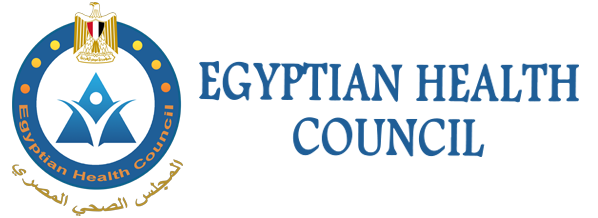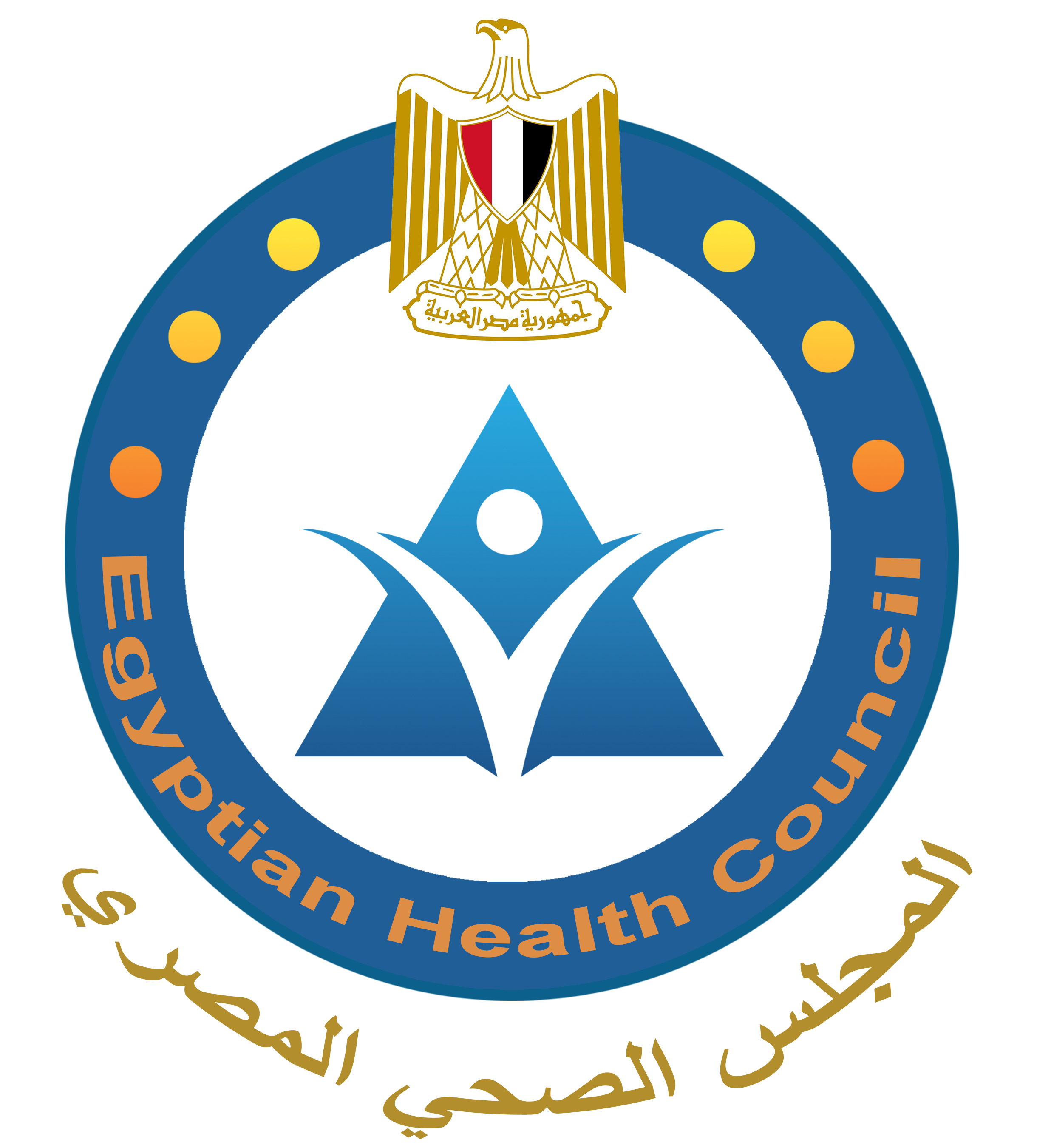
Chapter one and two
- Management science
Introduction to management science
Definition of management:
There are several definitions of management, and you can acquire one or more.
Management is a science : it means that it depends on the scientific method when observing, analyzing and interpreting administrative problems and arriving at results that can be generalized.
Management is a science : that is, it has principles, rules, schools, and theories that govern administrative work, and the application of these principles and theories leads to specific results.
Management is an art: that is, the manager needs experience, skill, and intelligence in practicing his work, and in dealing with the human element to motivate him to achieve organizational goals, because not everyone who has studied management science is able to apply it. The art of management is the ability to apply management in different fields.
Management is both an art and a science : From all of the above, we can say that management is both an art and a science. The administrator must rely on books and administrative theories in addition to practical experience that is indispensable.
• The process of setting goals and making the necessary decisions for the profession and achieving them at a specific time through the optimal use of material and human capabilities.
• The process of making decisions and finding alternatives to achieve the desired goal with the highest efficiency and lowest cost.
• The process of achieving specific goals at a specific time by using the efforts and leadership of individuals and making use of available material resources, aiming for perfection, speed, and economy as much as possible.
• The origin of the word administration) Latin meaning ( To Serve(i.e. (in order to serve)) and administration thus means “service” on the basis that whoever works in administration is based on serving others.
• Management means forecasting, planning, organizing, coordinating, issuing orders and controlling .
• Management is the process of planning, organizing, leading and controlling the activities and members of the organization, and using all organizational resources - human, financial, material and information - for the purpose of achieving the organization’s goals efficiently and effectively.
Effectiveness: Effectiveness means the extent to which the organization's goals are achieved
Doing the right things. That is, choosing the right goals
Efficiency : Efficiency .
• It means the economic use of resources: that is, economic use of resources and making good use of them ( doing things in the right way, that is, achieving the best results with the least effort, time, and cost ) .
Administrative qualities that an administrator must possess:
· Honesty, justice and sincerity in work.
· Mental and intellectual qualities, meaning that he must be intelligent .
· Physical characteristics to bear the workload
· Technical qualities, meaning that he must be familiar with the specialty in which he works .
· Cultural qualities such that he is familiar with other sciences.
· Human qualities through which he can deal with the human element .
· Qualities related to experience, which are qualities that arise as a result of practicing the work .
The role of the head nurse as an administrator :
Planning :
- The head nurse must be familiar with the goals of the health unit and nursing services to achieve better nursing care and meet the needs of patients.
- Be familiar with the numbers of patients and nurses, the budget, the number of beds, and the regulations and laws of the hospital
- Planning is used to determine:
- Duties and responsibilities of nurses
- Setting the budget and reporting to the hospital director on budgetary needs
- Guiding nurses in the optimal use of machines and tools
- Develop training programs for nurses
Organization :
- It organizes nurses, capabilities, machines and tasks according to needs to achieve goals .
Guidance:
- Supervising the action plan and ensuring that the nurses have implemented the plan to the fullest extent.
Monitoring:
- This is done through error correction and continuous evaluation.
Skills necessary to practice the administrative process :
1- Conceptual Skills
2- Behavioral or human skills
3- Technical skills Technical Skills
Intellectual skills: Conceptual Skills
It is represented by the ability to have a comprehensive vision for the organization as a whole and the ability to link ideas and interrelation between parts of the organization with each other. These skills are more required in senior management: (senior management, especially the general manager
• Human Skills: Human Skills
In short, it is represented by the manager's ability to deal with all employees in the organization, and this quality is required at all administrative levels. (All administrative levels, especially human resources management
– Technical Skills: Technical Skills
It is represented by the extent to which the manager has the ability to use technologies such as computers, language skills, and accounting, and these skills are required at most of the lower administrative levels. (lower management)
Especially the CEO
· Lower management level : They are the people who actually direct and coordinate the organization’s production and service work, and they are not managers. They report to the middle management manager . They are called department heads . . .
· Middle management level . They are the managers responsible for directing, coordinating and monitoring the activities and activities of lower management managers . They interpret and explain the directives, policies and decisions of upper management to lower management managers . They are responsible to their superiors in senior management. They are called role supervisors and quality and infection coordinators.
· Senior management level ) It includes a limited group of individuals that usually includes the president, his deputy, the general manager, and the executive director. They are responsible for the overall general direction and supervision of the organization through middle managers.
Components of the administrative process:
The foundations of management include the following main components:
Planning : developing the necessary plans to achieve goals and determining in advance what must be done, how it will be done, when it will be done, and by whom .
Organization : It includes setting the organizational structure, defining competencies, and setting systems and regulations. A process that includes defining work, dividing activities, assigning responsibilities, using and arranging the organization’s human and material resources in order to implement plans and achieve the desired goals .
Directing: It is the method by which individuals are guided, supported, and mobilized to achieve the organization's goals by building strong work teams. Delegation of authority, effective communication, and conflict resolution through a competent supervisor.
Oversight: Oversight is measuring and correcting the performance of subordinates for the purpose of ensuring that the goals of the health facility have been achieved .
